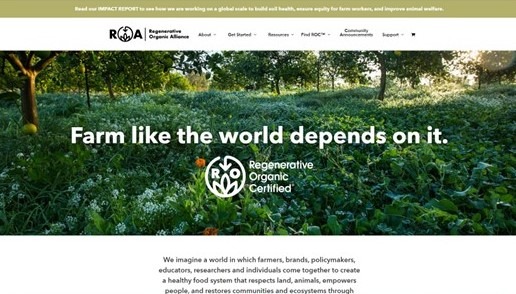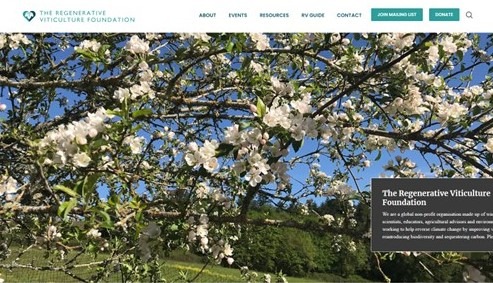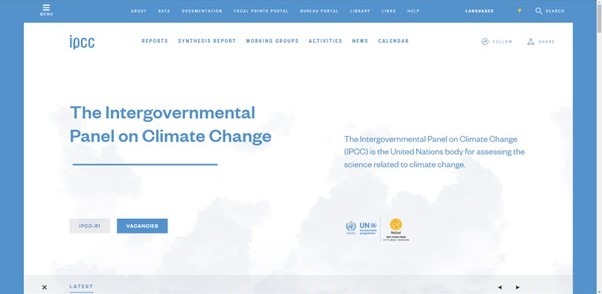The Regeneration Game
Viticulture is farming and it has obligations ... time to get polemical
With agriculture spread across much of the Earth, over one-third of the total landmass at last count, its impact on our biodiversity is critical. Conventional agriculture, in thrall to capitalism, has sought to maximise commercial yields through myopic specialisation, extensive artificial inputs and heavy mechanisation. Unsurprisingly, the natural, biological and human contexts of farming have been marginalised in the process – exploited to the detriment of contiguous plant, animal and human life.
In the context of viticulture, vines are treated as ‘crop plants’ as Jamie Good, self-confessed Wineanorak and author of 2023’s The New Viticulture: the Science of Growing Grapes for Wine, puts it. Acre upon tedious acre of vines farmed as a monoculture on bare earth and managed using biosphere-damaging agrochemicals and resource-intensive processes. Just look at California's Central Valley, even parts of the Veneto. And they are not alone.
Viticulture accounts for a small but significant part of our overall farming activity, just under half a percent according to the American Association of Wine Economists. But it varies hugely depending on country. In Portugal, Chile or Georgia, for example, it's big business. Not so much in Thailand or indeed the UK … But agriculture is a major factor in the collapse of biodiversity worldwide and deforestation, often linked to farming, is responsible for an (un) healthy percentage of all greenhouse gas emissions. So, winemaking practices that limit further environmental damage and positively contribute to its rehabilitation seem now not a choice but a necessity.
Are we right to raise the polemicist’s banner? I think so.
The evidence is there, despite our best efforts to bury it/ourselves at the bottom of the claret glass. Human activities have raised carbon dioxide levels in our atmosphere by 50% in the last two centuries, Nasa tell us. It leads to climate instability: it's incontrovertible (except to the odd president of the US).
Environmental pressure from agriculture is only expected to increase in line with population and China, California, Chile, South Africa and Australia are all expanding total vineyard area. So is the UK – at a rate of 123% in 10 years, according to WineGB! And whilst we might in the UK be rubbing our hands at the thought of Provençal summers and their attendant fountains of rosé, weather unpredictability seems increasingly the product of all this nature bashing – something no farmer, grape-growers least of all, can stand.
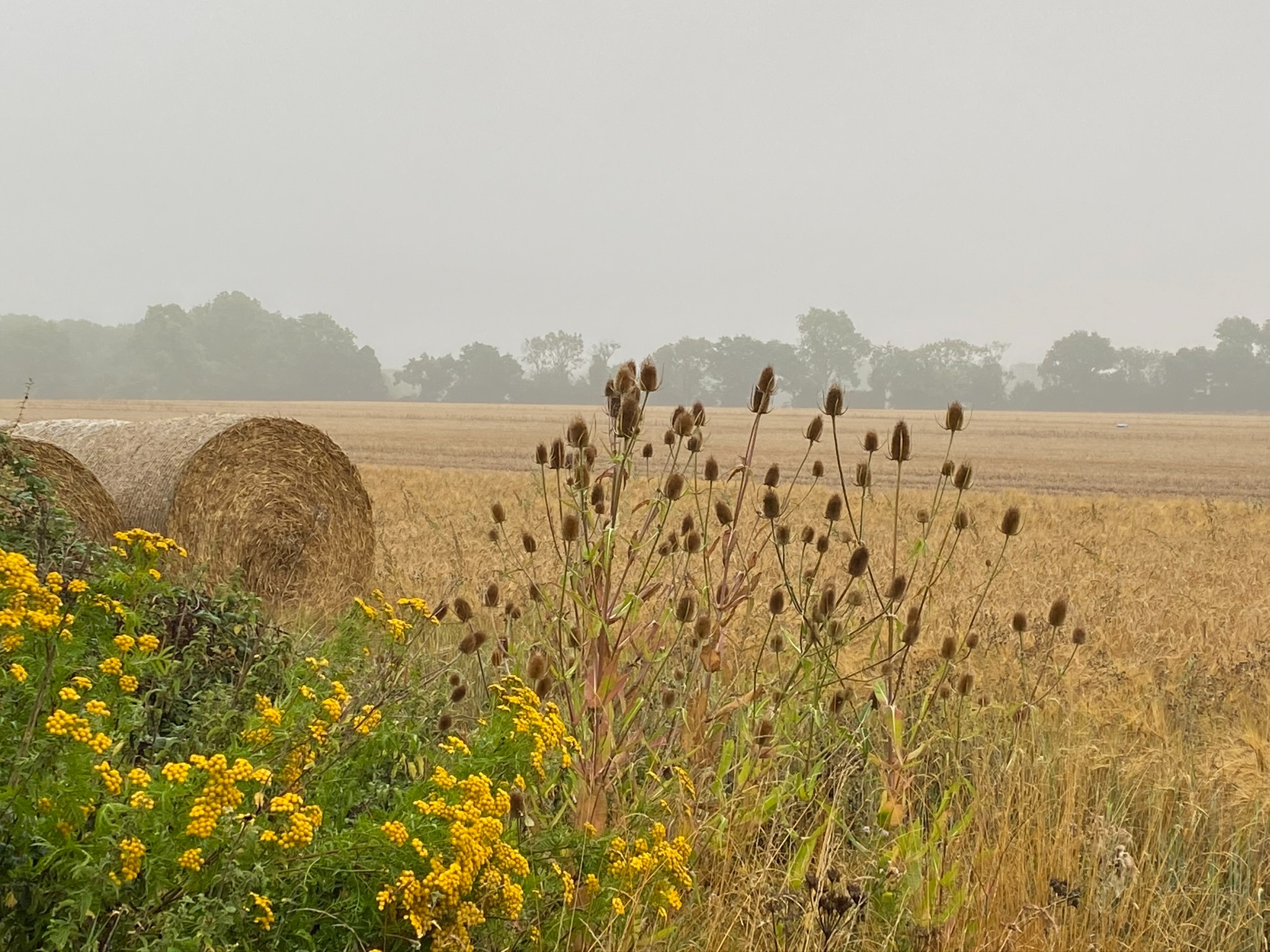
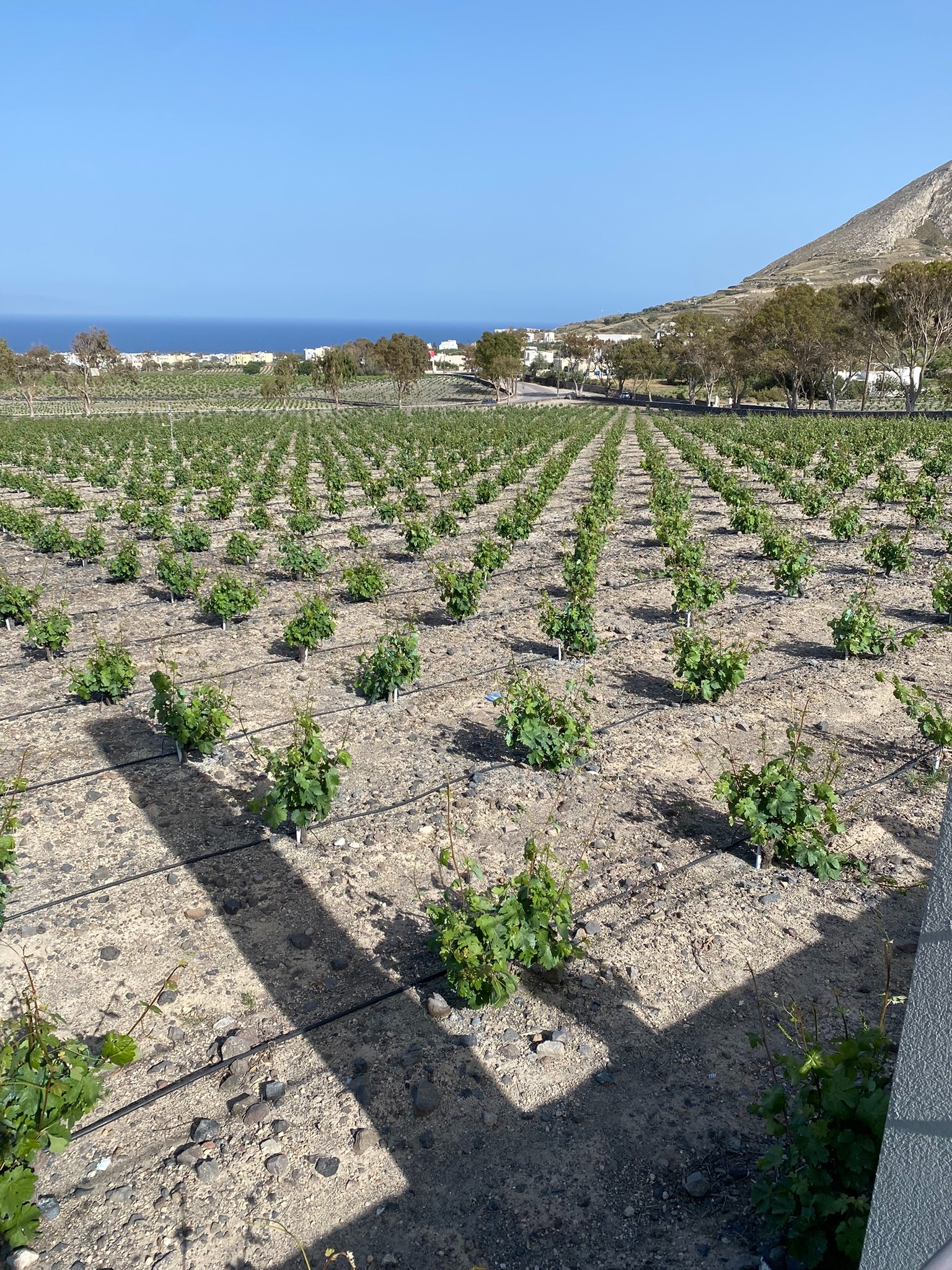
With the clouds gathering, Regenerative Viticulture (RV) is a term that will be increasingly on our lips. It’s a set of practices, a mindset even, that seeks to promote and regenerate biodiversity through working with nature not against it. In place of vineyards denuded of flora/fauna and sequestered from surrounding environments, it envisages farmland reconnected to the landscape, biological and cultural communities it supports. Natural habitats around vineyards, hedgerows, woodland etc. traditionally reduced to maximise profitable farmland, wildlife oases and corridors amongst the vines reintegrate RV vineyards into environments and maximise size/range of life including large numbers of endangered species. And it works for the farmer as well as Mother Nature.
RV shares ideas with horse-hair-shirt-wearing permaculture practices that harness and increase agriculture’s material resilience in ways that grow from and contribute to ecological diversity. But it re-connects with these approaches in revitalised and scientifically informed ways: technologically enabled vineyard design and the development/use of new varietals, clones and rootstocks better suited to specific environments and the like. Regenerative farming sees itself in a symbiotic relationship with its geographical, ecological and cultural context, working to benefit the whole. But it’s not all woad and wicker men: this is cutting edge, science-led stuff.
It starts with a renewed focus on the soil. Quite literally, grass-roots thinking. Biodiversity directly impacts vineyard soil quality and visa versa and enhanced microbial and animal life in the soil performs essential ecological services through nutrient cycling and pest control. Protecting the rhizosphere is key, the networks of symbiotic chemical support/communication between plants and other beneficial organisms at root level.
Soil is both a ‘carbon sink’ and a source of carbon dioxide emissions. Increasing the amount of carbon held in soil organic matter, reduces it in the atmosphere where it is contributing to climate change. Increasing soil carbon also positively effects soil water retention and cycling capacity to the benefit of viticulture, environment and food security. Conversely, conventional/organic farming’s use of bare soil and tilling destroys soil carbon through exposing it to oxidising UV which promotes the release of carbon by microorganisms.
And vines sequester more carbon than annual crops: their permanent wood and deep roots allowing them to capture/transfer carbon directly into the subsoil over their relatively long life spans. Could that glass of wine not only help us forget about impending environmental disaster but actively contribute to a solution? That would be good news.
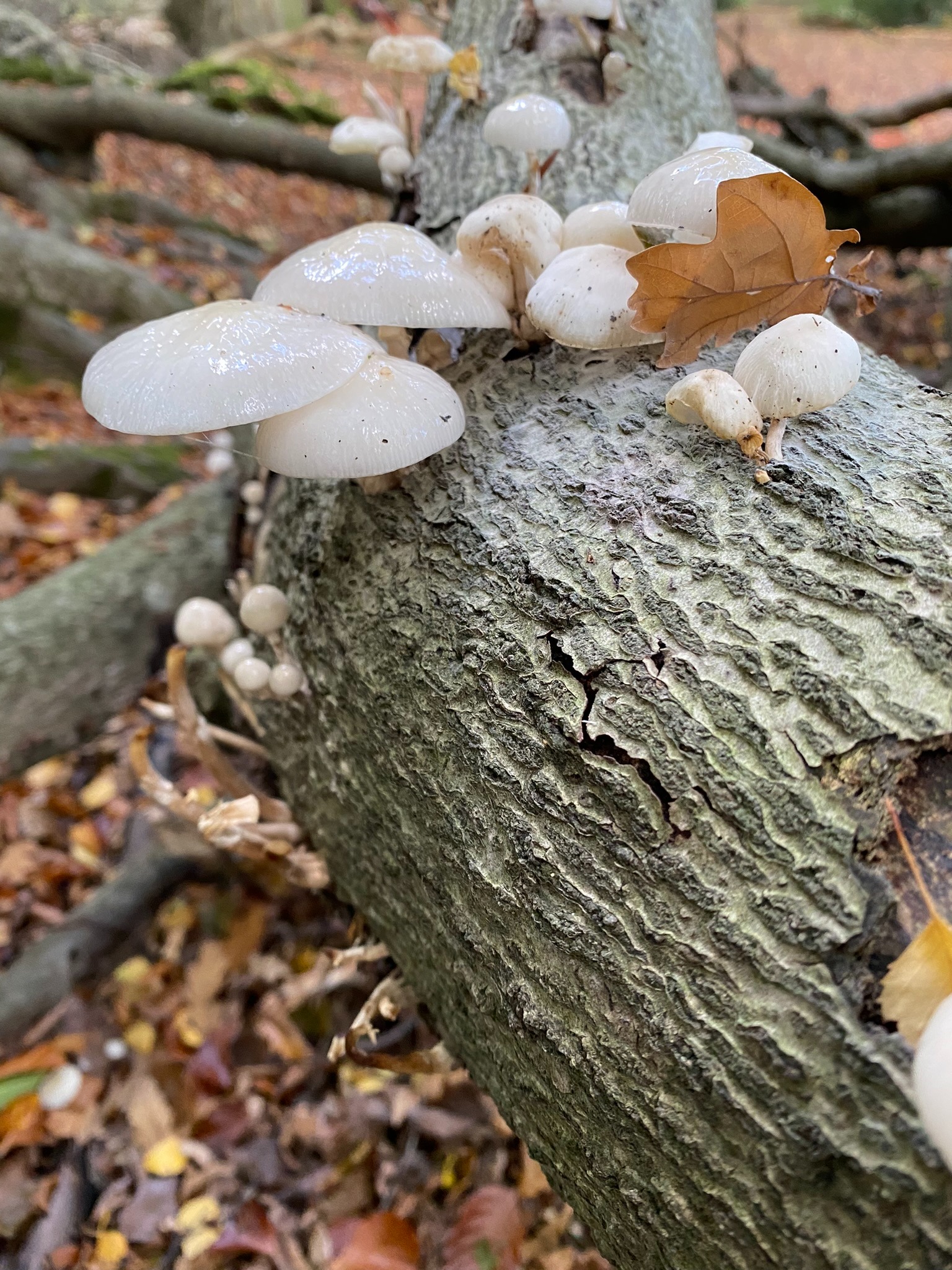
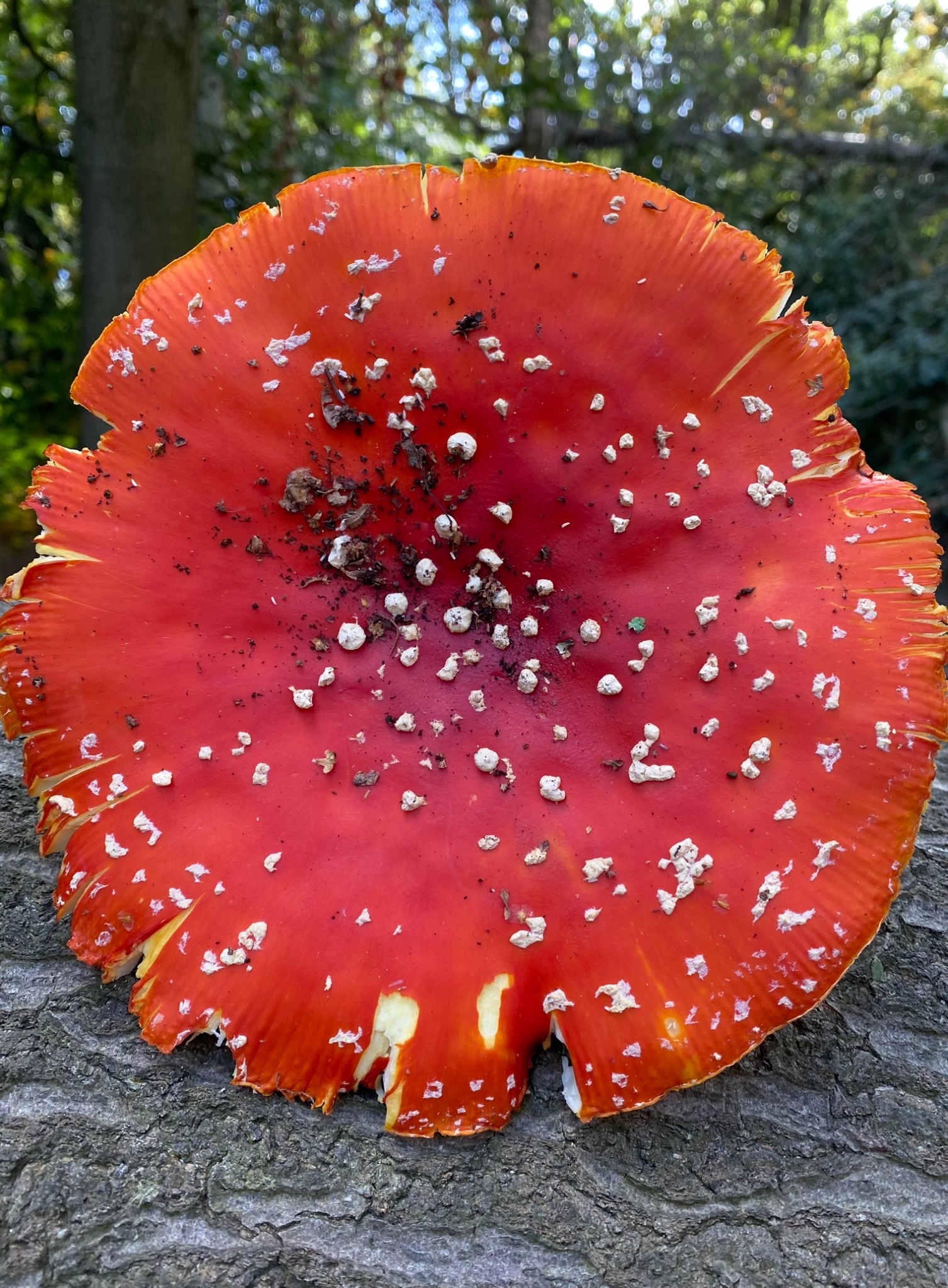
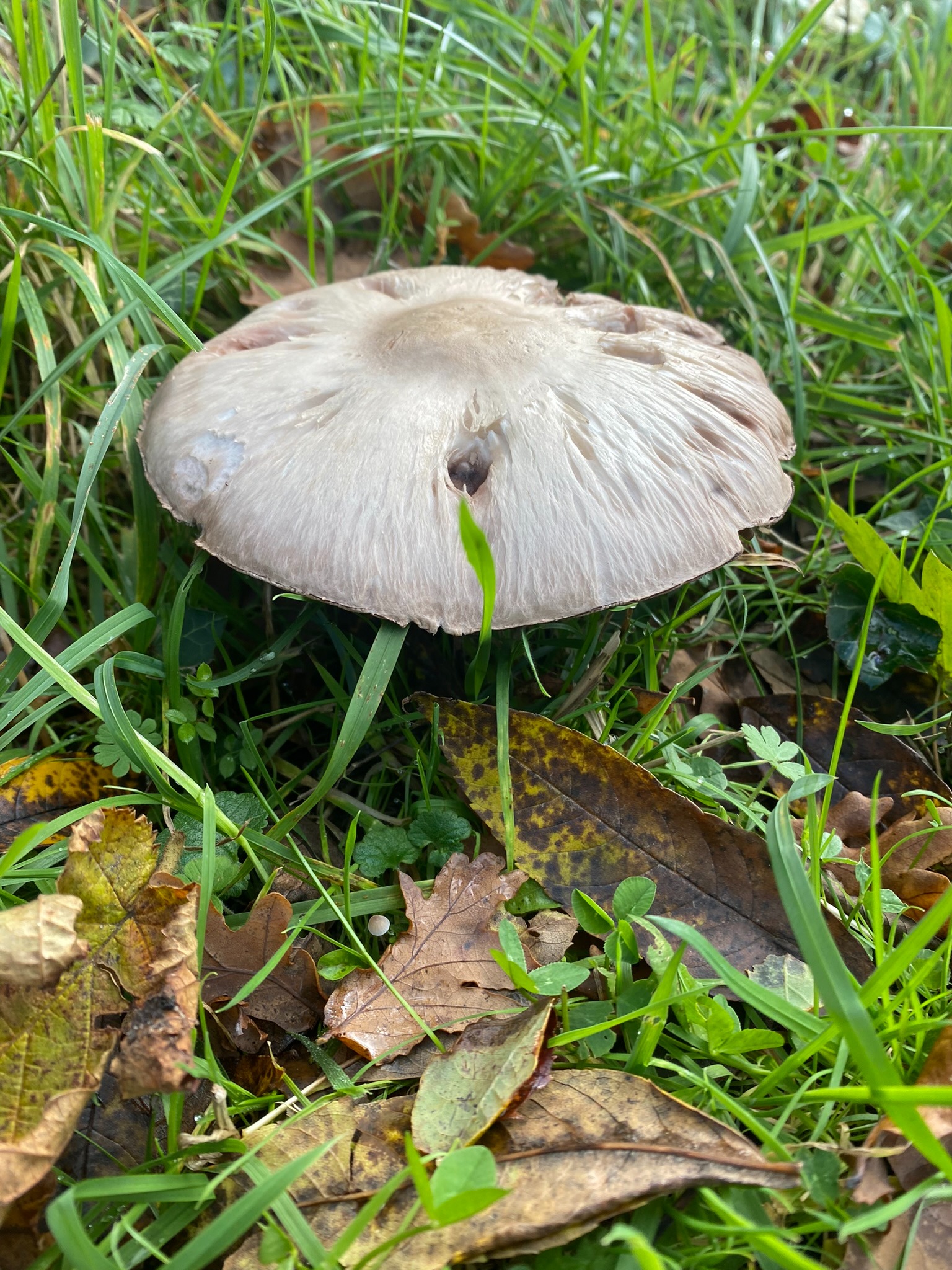
At its heart, RV is a rather neat and simple process of re-cycling that minimises damaging input (chemicals, energy, scarce resources) and maximises positive output (soil nitrogen, biodiversity, grapes!). It also maximises positive input (technology, nitrogen, carbon sequestration) and minimises negative output (pollution, greenhouse gases, waste). Overall, it mimics cycles that regenerate themselves and are themselves regenerative.
Conventional farming’s artificial herbicides, pesticides, fungicides and synthetic fertilisers on the other hand all reduce soil complexity and biodiversity. They also come with significant environmental cost at production (energy/waste), transport (carbon footprint), application (toxicity) and post-employment (pollution) stage. To say nothing of the links to health issues in consumers and workers. A regenerative approach aims for reduction/elimination of these artificial inputs and, where used, the least negative impact on life and non-target organisms. Favouring bio-fungicides and bio-fertilisers, pathogens can be controlled and nutrient deficiencies tackled without negative environmental effect/toxicity. These are basic 'ecosystem services’, solutions from nature itself to viticultural issues.
Beyond soil cultivation, RV also focuses on reintroducing diversity of plant and animal life into the vineyard. Nitrogen-fixing cover crops amongst the vines can help nitrogen-poor soils for example as well as simply diversifying biological life in the farmland. Trees also support increased biodiversity, lower vineyard temperatures by providing shade, promote local rainfall and help to off-set wineries’ carbon footprints. With Agriculture estimated to be driving 80% of deforestation, planting more trees is simply a good thing in itself.
You might also have hear the term 'agropastoralism' – animals grazing amongst the crops. Sheep, ducks, chickens etc can help manage vineyard weeds and creates home-grown, nutrient-rich manure. Wild animals have their part to play, too. Natural predators of vine pests can be encouraged creating self-sustaining ecosystems where no pest can thrive unchecked. Insect biodiversity improves crop pollination, encouraging earthworms improves soils and farming them for vermicompost re-cycles vineyard waste and crop residue. And there’s a role for the little folk too: naturally occurring and deliberately introduced bacteria aid composting and disease prevention.
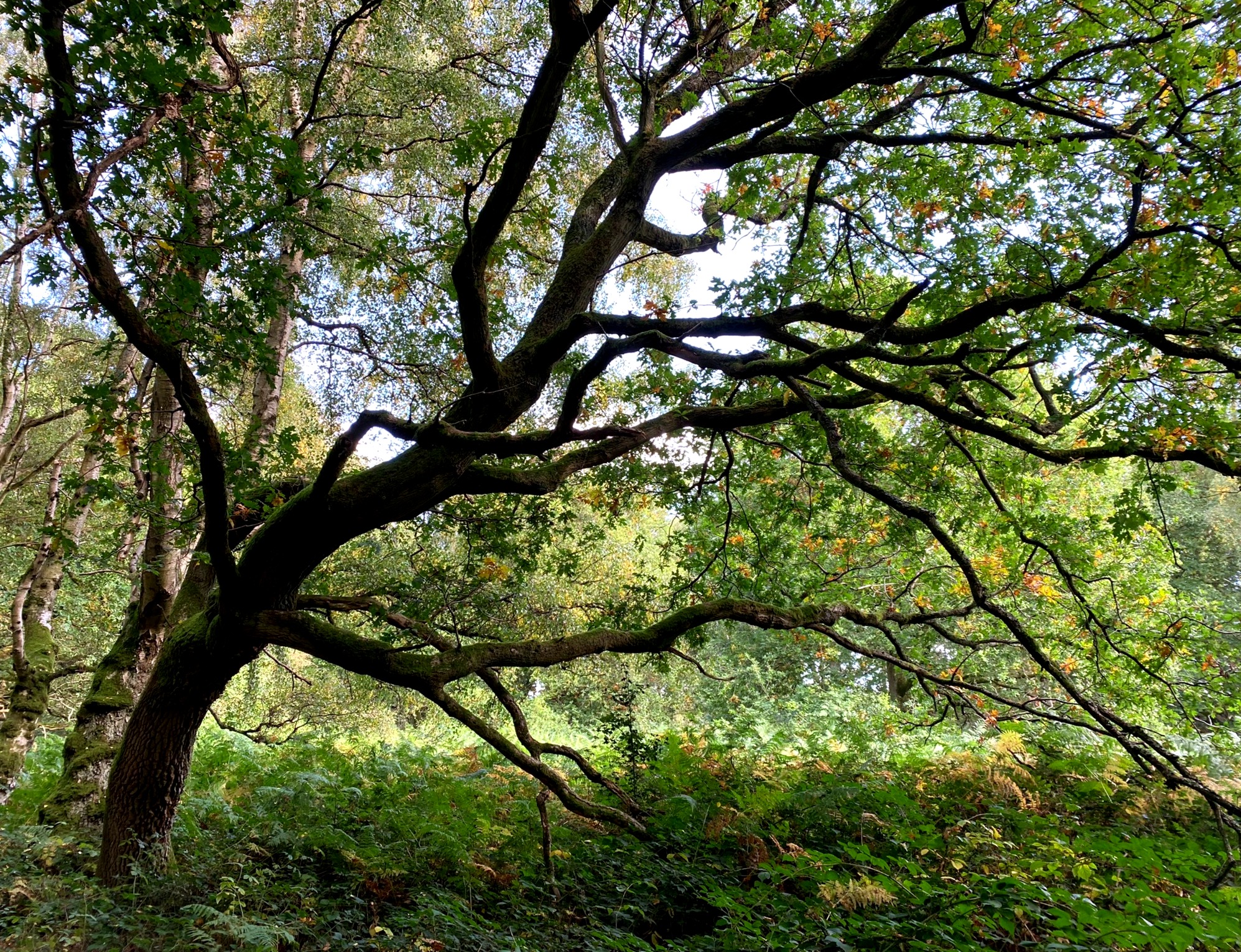
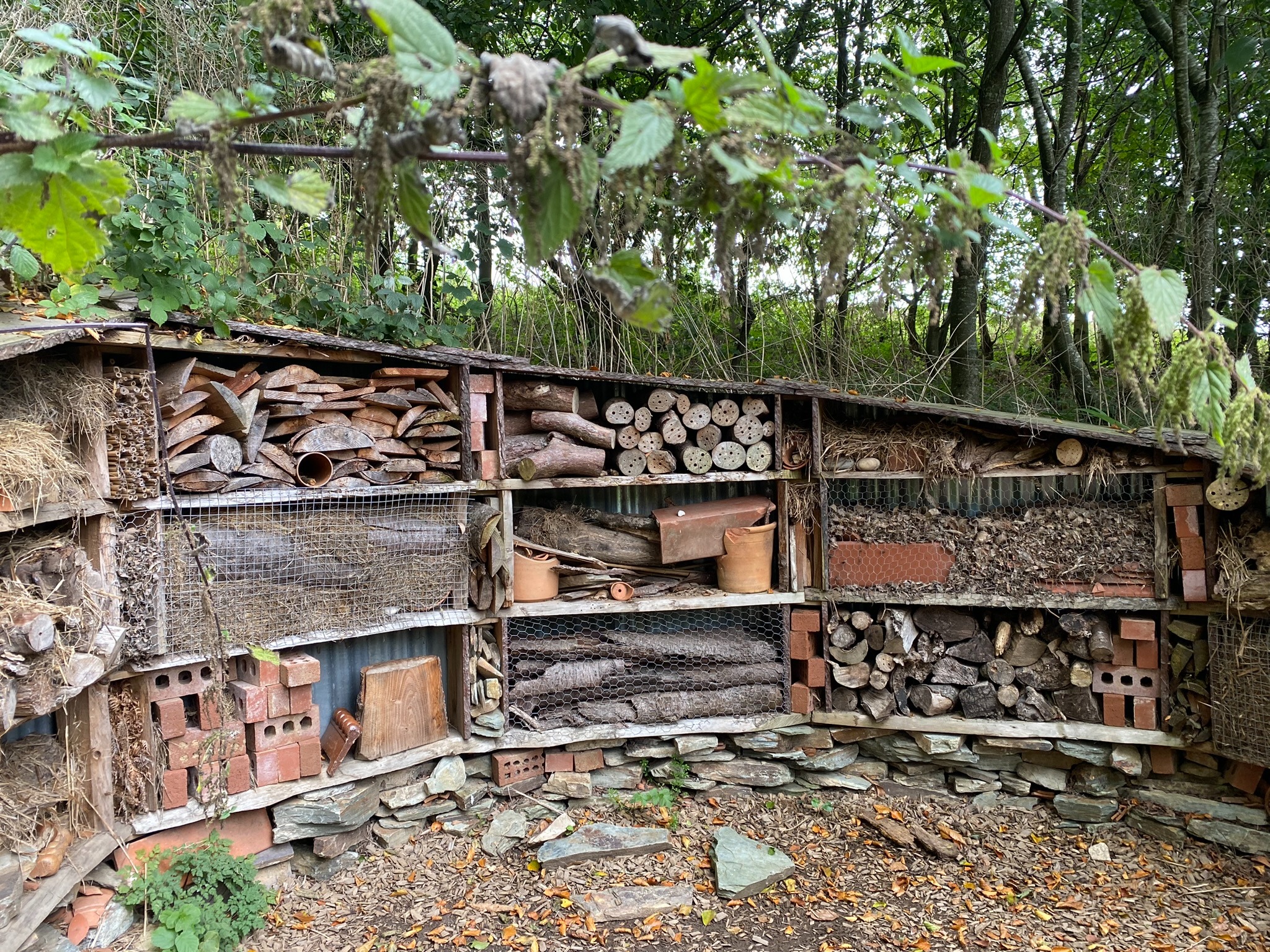
What about wine quality and supply in all this farming talk? We want that glass of red we are sipping as the world burns to be nice after all and reasonably priced. And I’m only being partially flippant.
In the last century, crop yield increased under conventional farming, but has plateaued more recently due to environmentally unsustainable methods and land use. Research suggests the impact of regenerative practice on yields depends on crop and context. The famous Grgich Hills in Napa report higher yields after implementing RV, albeit that they are blessed with a low-disease environment. Talk to a winemaker in a water-logged, clay-soiled, mildew-stricken environment and they would no doubt have another story to tell.
But it is true to say that RV approaches do not necessarily lead to lower yields. Similarly, RV net margin is likely to be lower in the short term, but equivalent, even increased margins have been reported longer term due to the time it takes for significant improvement in soil organic carbon. This is no immediate, short-term fix. It needs to be viewed in the longer-term context when RV has shown equal or enhanced profitability even when yields are lower – increased soil quality, for example, leading to lower plant mortality rates and greater resilience to negative biotic/abiotic influences.
Healthier, longer-lived plants provide more regular high-quality yields and enhance profit. That's a fairly obvious equation and you can see it in action in Napa where some conventionally farmed vineyards are replaced every 8-10 years, with huge cost and disruption. Instead, RV vineyards focus on nurturing existing stock. And there's a commercial premium attached to older vines and ‘naturally-produced’ wines, too, so RV also opens up the ability to sell to higher-value, diversified eco-conscious markets. Quality and claims of integrity, purity, clear provenance/terroir expression are a powerful story that RV practitioners can tell to their commercial advantage. And they might just be true.
Global political events like the invasion of Ukraine and Middle-East instability threaten gas/oil, fertiliser, metal and basic food supplies; RV offers a more stable, sustainable and potentially profitable alternative not reliant on agrochemicals, heavy equipment/machinery or high energy input. Its closed-loop system insulates it to a certain extent from anthropogenic and climate uncertainties.
Modelling the natural balance found in successful, thriving biosystems, RV ‘farms at all levels’, soil bacteria to the human, farming in balance with environment and natural justice. The climate crisis is not just an environmental issue, it also highlights the fundamental fault lines in late capitalism and, more simply, how exploitative practices can and should be replaced. For example, addressing agricultural and ecological needs increases business sustainability and consequently creates more/better employment opportunities. Communities that have been systematically exploited by agricultural practice – rural poor, women, indigenous peoples – can be re-valued as part of a holistic view that understands diversity as essential to the future health of Anthropocene biosystems. And that includes nature, the human body and the body politic.
A different and wider form of commercial practice informed by ethical stewardship of the earth and a communitarian ethos. Utopian? Perhaps but not exclusively so.

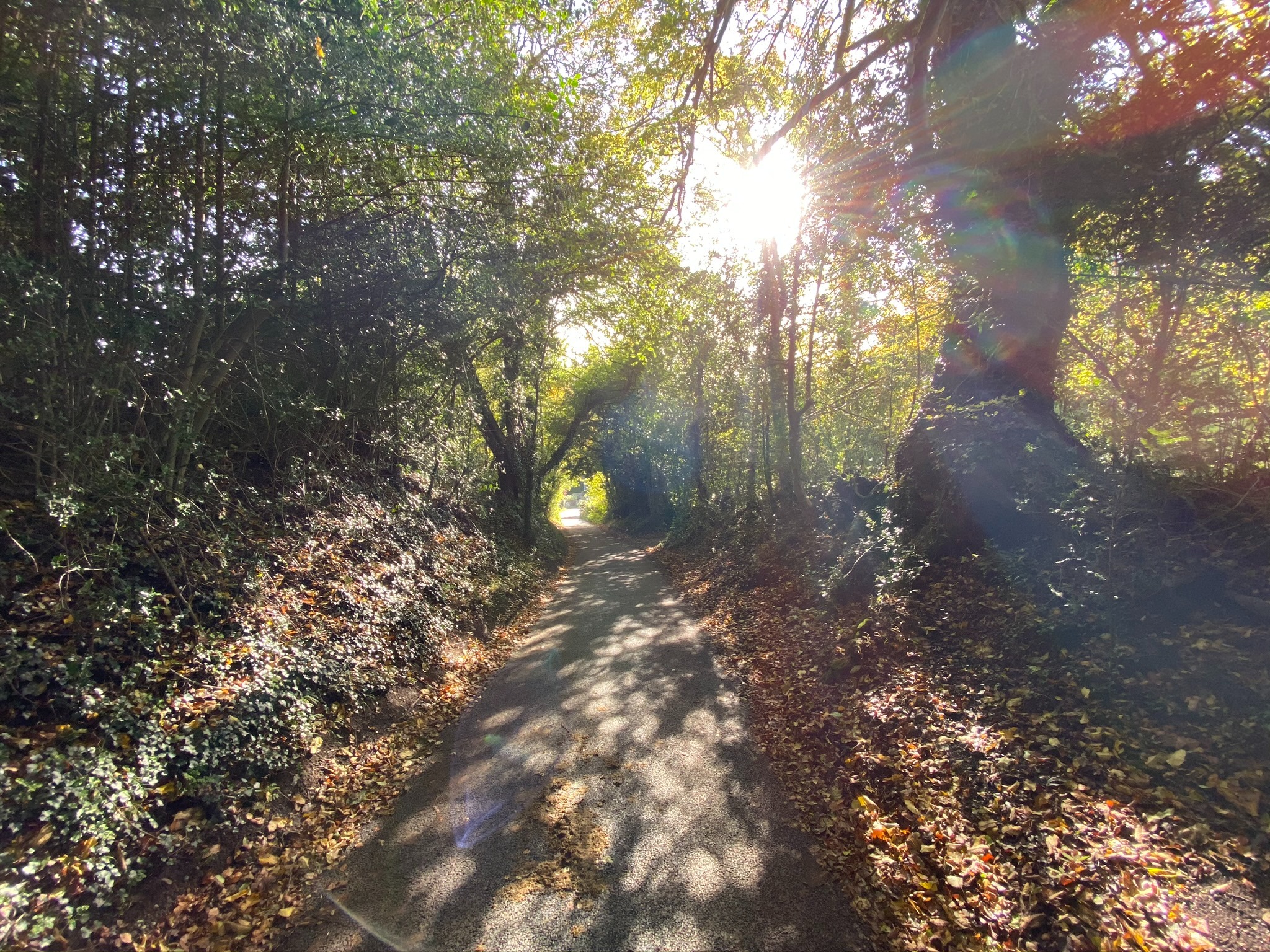
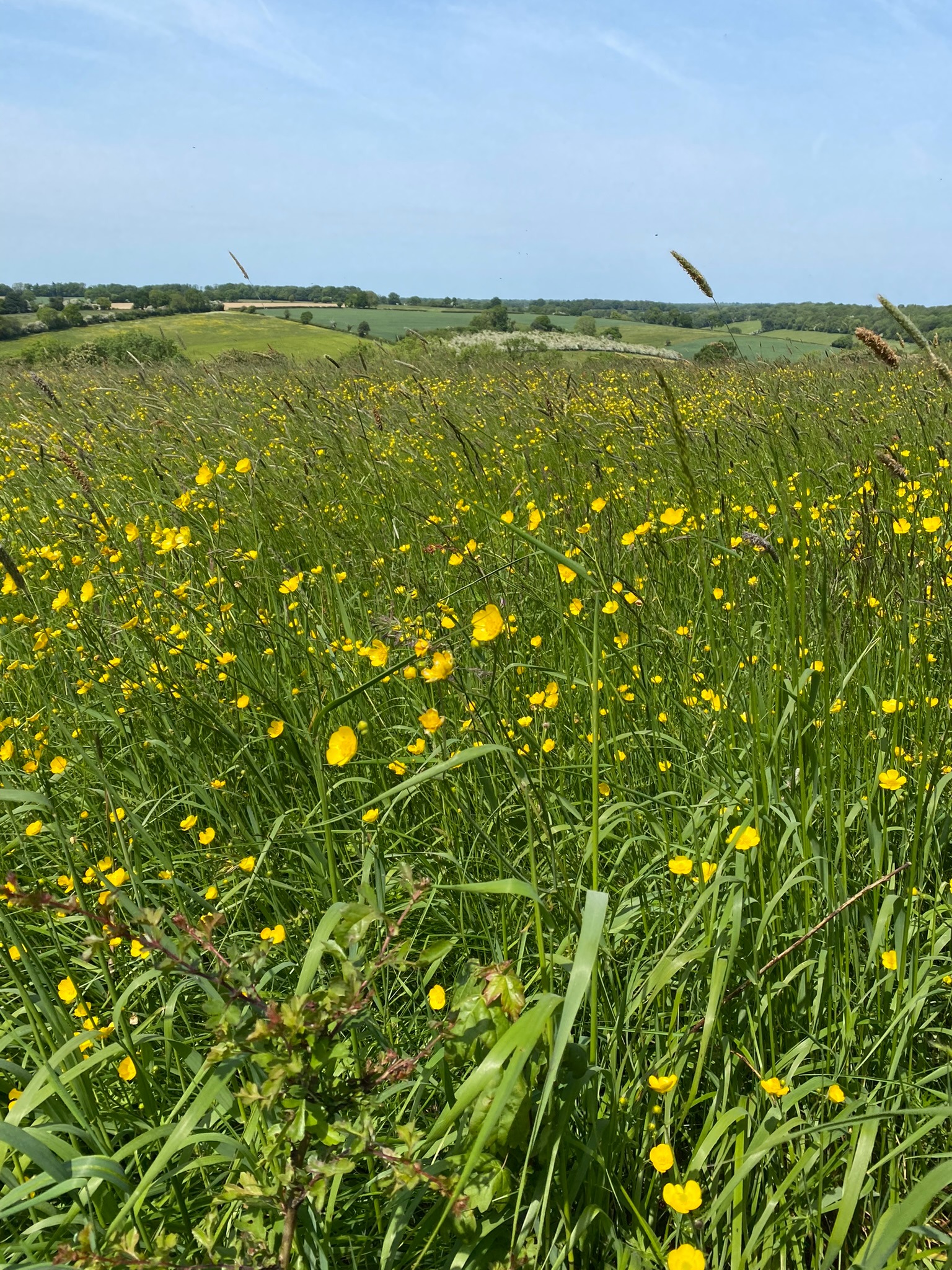
An Increasing interest from viticulturalists, business and consumers in nature-based solutions demands a well-communicated, science-led approach to help scale up individual initiatives into wider change. True, a lack of a shared understanding of RV is likely to hamper development of supportive government policies, assistance and further R&D as well as clear, verifiable protocols to follow. And this will affect the commercial appeal and its perceived integrity as far as producers and consumers are concerned. This is why it's important to spread the word and to mainstream what for too long has been portrayed as alternative ideology (especially by those with a vested interest in maintaining the status quo). Bodies like California's Department of Food and Agriculture are already working on defining RV. Making sure that it is not just big business that has its say, they are seeking the views of the state’s Native American Tribes, the original 'owners' of the land.
In truth, RV is more like an alternative to ideology. Its very lack of dogma constitutes a strength: its adaptability can respond to unique and changing natural/commercial environments. Such flexibility will likely constitute viticulturalists’ best hope of facing coming climatic and associated global challenges as it continues to develop led by science. As a system that cycles/recycles, it is one that makes best use of increasingly scarce resources and limits its own contribution to waste, emission and pollution whilst maximising health and biodiversity of biological life. RV has the potential to achieve long-term sustainability of viticultural businesses and the environment together.
Things are starting to change. In 2023, Napa Green, announced that in requiring members to phase out agrochemicals they would offer technical/financial support. Support is beginning to appear in Australia and the UK, opening new green revenue streams for RV. With public and private money increasingly directed to environmental aims, it is likely to become a distinct commercial advantage to practice regeneratively. And nothing speaks quite as clearly as the bottom line.
But this future may already be overdue. With global temperatures likely to reach 1.5°C above pre-industrial levels between 2030–2052 according to the Intergovernmental Panel on Climate Change, there is considerable urgency. RV is perhaps best thought of as as a form of regenerative medicine, a holistic approach in which the subject is enabled to rebuild itself. Focusing on anticipatory applications and cures, rather than treatments, it harnesses biological life’s own regenerative power to solve complex problems and help to repair the whole dysfunctional system.
We can all raise a glass to that. But it demands wider implementation. And soon.
Useful links
ROA
Regenerative Organic Alliance - great strapline and great initiative.
FAO
Food and Agriculture Organization of the United Nations – the specialist arm of the UN created to tackle world hunger.
The Regenerative Viticulture Foundation
All about regenerative viticulture from the charity founded by Domaine Mirabeau.
IPCC
The Intergovernmental Panel on Climate Change – the science not the fake news.
